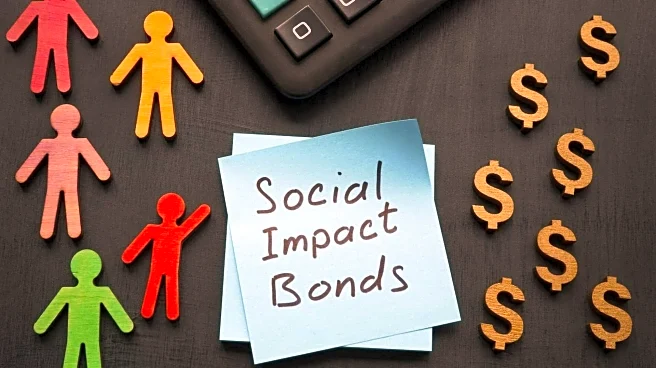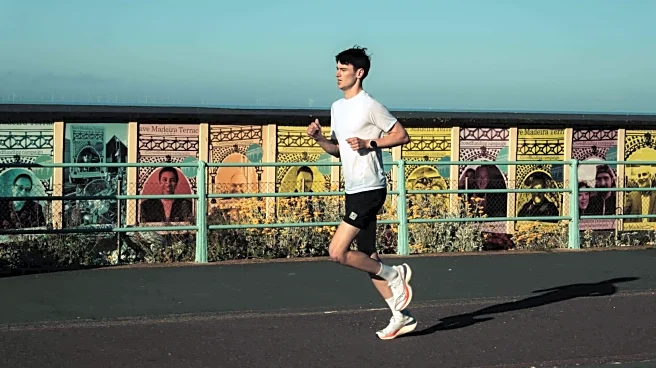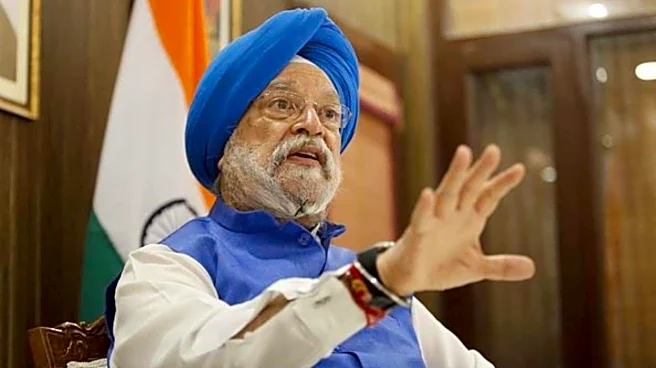Govinda,
who was discharged from the hospital after a fainting episode last night, said over-exercising led to fatigue and exhaustion and made him disoriented. “Exercising too much led to fatigue. I felt like I would faint. I thought I should get hospitalised and take precautions so that the problem does not increase,” he told ANI. Earlier, the 61-year-old actor’s manager said Govinda has been advised to see a neurologist for further investigations on his condition.
Can working out too much cause exertion?
According to experts, overexercising can cause fainting, a phenomenon which is medically known as exercise-associated collapse or syncope and is usually caused by a temporary drop in blood flow to the brain. Fainting during or after exercise is often related to your body's response to intense physical stress and can be triggered by several factors, like stress, sudden drop in blood pressure, dehydration, low blood sugar levels, or even breathlessness. Intense workouts can be harmful if overdone, as they cause overtraining syndrome, injuries, and even heart issues. Excessive exercise without any rest leads to physical and mental symptoms like fatigue, poor recovery, increased resting heart rate, irritability, and a sharp decline in performance. It can also lead to specific conditions like rhabdomyolysis, which is a serious muscle breakdown that can damage the kidneys.
What happens when you overexert?
Doctors say even though overexertion is common in group exercise classes and team training sessions, it can happen anywhere, anytime, and with anyone. Pushing too hard while exercising or working out causes your blood pressure to drop suddenly when your body feels dehydrated, leaving you feeling lightheaded, dizzy, or faint. When that happens, experts advise taking a minute to cool down, catching your breath, and letting your heart rate slow down. Drink as much water as possible to rehydrate your depleted muscles. Trying to do too much too fast can do more harm than good, so listen to your body. According to doctors, you must always push yourself while exercising, but do so slowly over time. For now, try taking your workouts down a few notches. You can gradually increase their intensity each week until you reach your desired level.
Should you exercise if you have low blood pressure?
Your blood pressure is usually at its lowest point about 30 to 60 minutes after exercise. Many people experience a more rapid drop, which happens during any type of exercise, but is more common when you fail to cool down after a vigorous workout. And so, when you work out, your heart and muscles work in overdrive while keeping the blood pumping, so that your muscles can get the oxygen they need. When you abruptly stop exercising, both the heart and muscles quickly return to their normal pace, and it may take a little longer for your blood vessels to catch up. It means that oxygenated blood may flow to your brain at a slower rate than normal. When your brain does not get enough oxygen, it makes you feel dizzy and lightheaded. If you feel dizzy or as if you are about to faint, make sure to immediately stop that moment and sit down while putting your head between your knees. This will help bring oxygenated blood to your brain.

/images/ppid_a911dc6a-image-176296684551769886.webp)











/images/ppid_a911dc6a-image-177081110529020723.webp)
/images/ppid_a911dc6a-image-177081107284816998.webp)